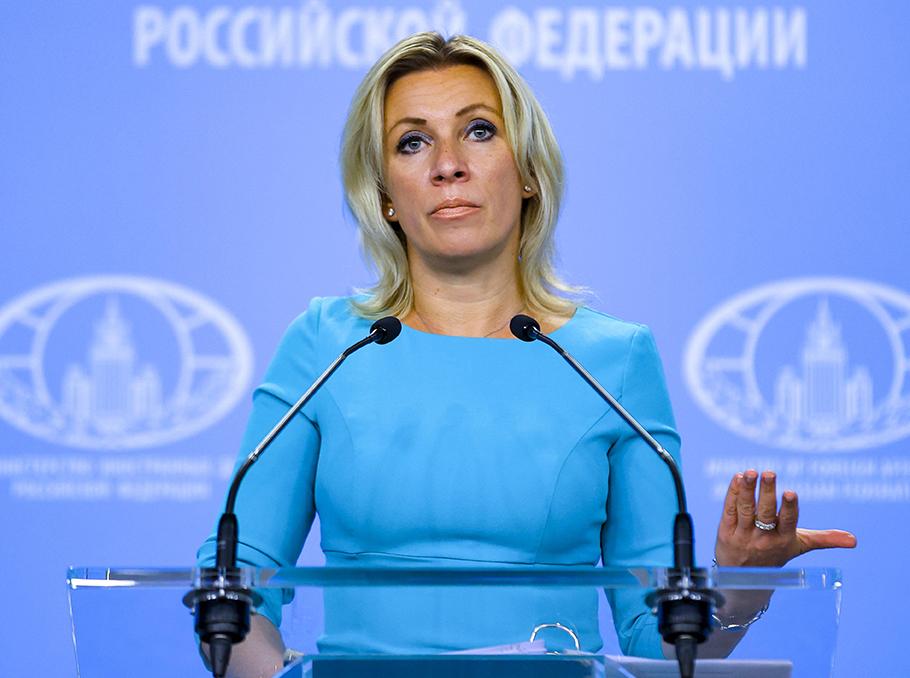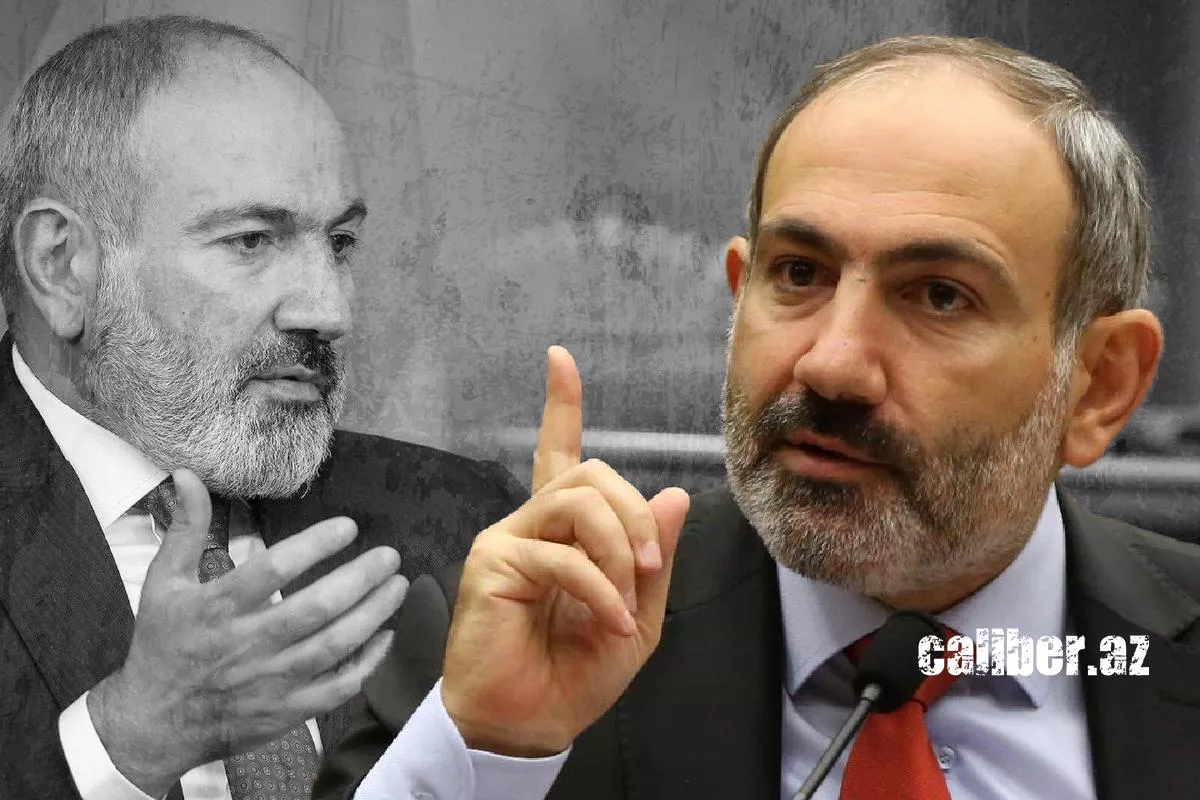Armenia’s double deal: Playing both sides Heading to Moscow with dreams of the West
Official Yerevan, with its recent stance on the Russian platform, once again demonstrated the inconsistency of its policies. It’s worth recalling that Armenia did not support two statements: "On the principles of cooperation in ensuring security in Eurasia" and "On the unacceptability of using unilateral restrictive measures in international relations," which were adopted on October 7 at the Commonwealth of Independent States (CIS) Foreign Ministers' meeting, causing sharp discontent in Moscow.
Meanwhile, this time Armenia participated in the CIS summit in full for the first time in two years—both Pashinyan and Mirzoyan were present in Moscow. Previously, official Yerevan had significantly reduced its engagement with the CIS, attending meetings only at the level of deputy ministers.
The Russian response to Armenia's Moscow demarche was not long in coming. The official representative of the Russian Foreign Ministry, Maria Zakharova, reproached Armenia for participating in the drafting of the statement " On the principles of cooperation in ensuring security in Eurasia," but then refusing to sign it.
"Yerevan made its proposals to the text, many of which were taken into account. However, at the CIS Council of Foreign Ministers, the Armenian minister did not sign the statement," Zakharova stated with frustration.

In recent years, Armenia's growing alignment with the West has raised numerous concerns and frustrations in Moscow. These have been expressed through multiple, often sharp, statements from Russian officials on various platforms. Just recently, in an interview with Channel One, Russian Deputy Prime Minister Alexey Overchuk highlighted Armenia’s failure to uphold the terms of the 2020 Trilateral Statement agreed upon by Moscow, Yerevan, and Baku. Despite this, Armenia has not formally withdrawn from the agreement nor revoked its signature.
"Armenia has not formally withdrawn from the Trilateral Statement and has not revoked its signature, but at the same time, there has been almost no progress on the trilateral working group track at the deputy prime minister level for two years—or at least for a year and a half, since last summer, let’s put it that way," Overchuk said. He also emphasized that the unblocking of economic and transport corridors in the region "is only possible with Russia’s participation."
In other words, Russia continues to make it clear to Armenia that it intends to keep the country within its sphere of influence. At the same time, Moscow regularly sends signals that the West is attempting to sow chaos in the South Caucasus through Armenia. It's worth recalling that just recently, the head of Russia's FSB, Alexander Bortnikov, openly stated that the West is pushing Armenia to delay peace negotiations with Baku and aims to take control of the Armenian-Azerbaijani settlement process, with plans to deploy a NATO contingent in the South Caucasus.
"By encouraging Yerevan to delay negotiations with Baku, the West seeks to lead the Armenian-Azerbaijani settlement process and push for the deployment of its own 'peacekeeping' contingent—formally under the UN but in reality, under NATO," Bortnikov warned.
However, statements are one thing, but the reality shows that Moscow’s signals to Yerevan are not enough to stop Armenia’s pro-Western tilt. Armenia's refusal to support the declarations adopted at the CIS Foreign Ministers' meeting demonstrates that Moscow’s "soft power" approach is ineffective. In practice, Armenia has already shifted to the West and is now obliged to follow the directives from Washington, Paris, and Brussels. By declining to sign a key security document concerning Eurasia, Yerevan once again validated this point. This suggests one clear conclusion: Armenia now sees its future with the West, not with Russia.

Secondly, Armenia’s decision to sign other declarations at the CIS summit indicates that Yerevan is still trying to balance between two sides. On the one hand, it is showing allegiance to the West, while on the other, it continues to formally participate in events under Russia's aegis.
As for the second document, " On the unacceptability of using unilateral restrictive measures in international relations," Armenia’s stance can be interpreted as support for Western sanctions, since the document urges against restrictions that hinder economic development. This makes sense—after all, the longer anti-Russian sanctions remain in place, the more Armenia stands to profit from them.
Summing up the Moscow summit in the context of Yerevan's policies, one conclusion becomes clear: Armenia is desperately trying to please both sides, but in doing so, it is rapidly losing its own agency, voluntarily assuming the role of a hostage in the geopolitical rivalry of major powers.








